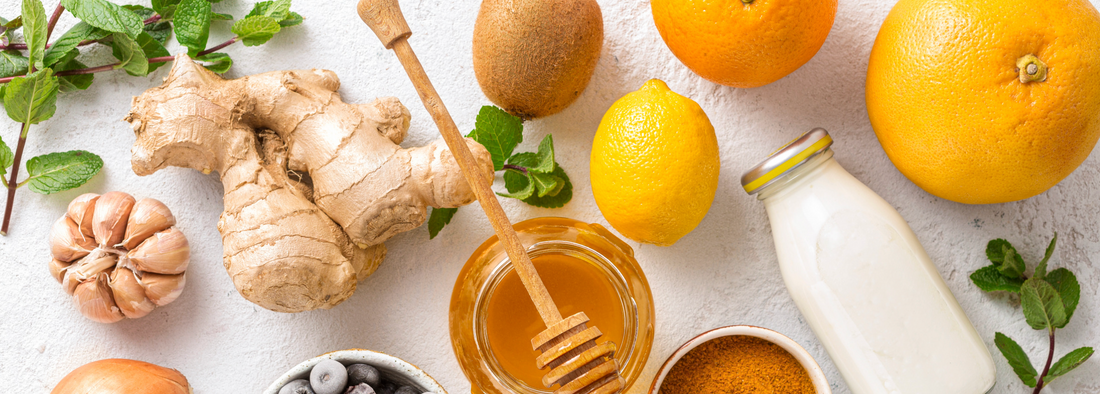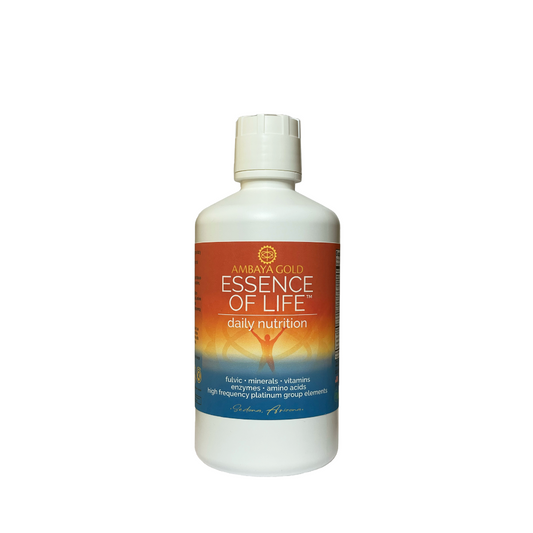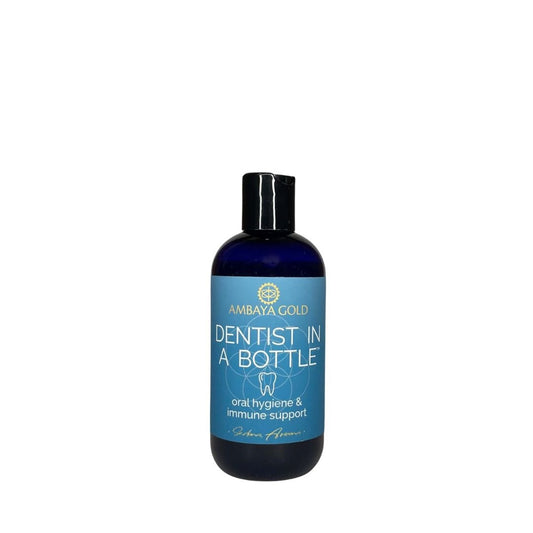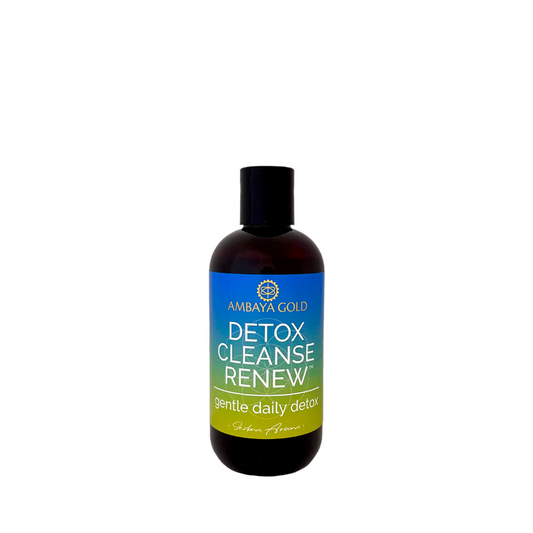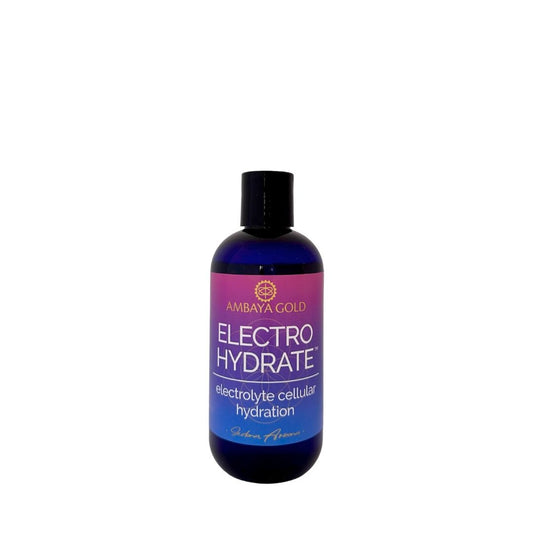The immune system is your body’s defense mechanism against harmful invaders in the environment like viruses, bacteria, and other pathogens. It consists of a symphony of complex network of cells, tissues, and organs that work together to identify and neutralize these threats, keeping you healthy and well. When your immune system is functioning optimally, it acts like an internal army, always on guard to protect your body from illness.
However, if your immune system isn’t working at its best, it must operate on a priority basis. This means it has to choose which threats to respond to first, potentially leaving you vulnerable to other invaders. For example, if your body is constantly fighting off a low-grade infection or dealing with stress, your immune system might be too taxed to deal effectively with a sudden viral invasion.
So, how can you ensure that your immune system remains strong and resilient? Here are ten natural ways to build an unstoppable immune system.

1. Prioritize Sleep
Quality sleep is essential for a healthy immune system. During sleep, your body detoxes and repairs itself, and your immune cells get a chance to rejuvenate. This is why Ambaya recommends taking our Detox Cleanse Renew at night, to further assist the body. Aim for 7-9 hours of sleep per night to ensure your body can adequately fend off illness. A lack of sleep can reduce the production of protective cytokines, making you more susceptible to infection.
2. Manage Stress
Stress can weaken your immune system by producing an excess of cortisol, a hormone that can suppress immune function. Techniques like meditation, deep breathing, and yoga can help reduce stress levels and so can activities like spending time outside in nature and dancing. There are no rules here, relax and have fun!
3. Eat a Nutrient-Dense Diet
A diet rich in fruits, vegetables, lean proteins, and healthy fats provides the essential nutrients your immune system needs to function properly. Vitamins A, C, D, and E, along with minerals like zinc and selenium, are particularly important for immune health.
• Citrus Fruits: Oranges, lemons, grapefruits, and limes are high in vitamin C, which can help increase the production of white blood cells.
• Red Bell Peppers: Packed with vitamin C and are rich in antioxidants.
• Broccoli: Full of vitamins A, C, and E, as well as fiber and antioxidants.
• Garlic: Garlic has been used for centuries for its medicinal properties. It contains compounds like allicin that have been shown to enhance immune function.
• Ginger: Ginger has anti-inflammatory and antioxidant effects, which can help support immune health and reduce inflammation.
• Spinach: Spinach is rich in vitamins A and C, as well as antioxidants and beta carotene.
• Yogurt: Look for yogurt with live and active cultures, which can boost the production of antibodies and support gut health.
• Almonds: High in vitamin E, almonds support the immune system by helping the body fight off infections and reducing oxidative stress.
• Turmeric: This spice contains curcumin, which has powerful anti-inflammatory and antioxidant effects that can help support the immune system.
• Green Tea: Rich in antioxidants like catechins, green tea can enhance immune function and help protect against pathogens.
4. Stay Hydrated
Water is crucial for overall health and helps support your immune system by flushing out toxins and ensuring that your cells function properly. Aim for at least eight 8-ounce glasses of water daily, and more if you are active or live in a hot climate.
5. Incorporate Probiotics
Your gut is home to trillions of bacteria, many of which play a critical role in your immune system. Consuming probiotics through fermented foods like yogurt, kefir, sauerkraut, and kombucha can help maintain a healthy gut microbiome, which in turn supports immune function.

6. Exercise Regularly
Moderate exercise boosts your immune system by promoting good circulation, which allows immune cells to move more freely throughout your body. Regular physical activity also reduces inflammation and supports the production of immune-boosting endorphins.
7. Get Enough Vitamin D
Vitamin D is essential for immune function, and a deficiency can lead to increased susceptibility to infection. Sunlight is a natural source of Vitamin D, so aim to get 15-30 minutes of sun exposure daily. If that’s not possible, consider a Vitamin D supplement.
8. Use Herbal Remedies

Herbs like echinacea, elderberry, and astragalus have been shown to support immune health. These herbs can help prevent infections or shorten their duration by boosting your immune system's response.
9. Minimize Toxin Exposure
Environmental toxins, like those found in polluted air, processed foods, and household chemicals, can weaken your immune system over time. Minimize exposure to toxins by choosing organic foods, using natural cleaning products, and reducing plastic use.
10. Supplement Boost
Our comprehensive multivitamin, Essence of Life, offers a balanced blend of essential vitamins and minerals that contribute to overall health and immune support. Additionally, our specialized Immune System Boost supplement, which includes fulvic acid, gold, and biostabilized oxygen, provides a unique combination of nutrients designed to enhance cellular function, improve oxygen utilization, and offer antioxidant protection. Together, these supplements can help fortify the immune system, keeping it robust and better equipped to fend off illness.
Building an unstoppable immune system requires a holistic approach that includes proper sleep, stress management, a nutrient-rich diet, regular exercise, and mindful lifestyle choices. By incorporating these ten natural strategies into your daily routine, you can strengthen your immune system and enjoy better health year-round.

Sources
1. National Sleep Foundation. (n.d.). Sleep, immunity, and inflammation. Retrieved from [sleepfoundation.org](https://www.sleepfoundation.org)
2. American Psychological Association. (2020). Stress weakens the immune system. Retrieved from [apa.org](https://www.apa.org)
3. Harvard T.H. Chan School of Public Health. (2020). The nutrition source: Vitamins and minerals for a healthy immune system. Retrieved from [hsph.harvard.edu](https://www.hsph.harvard.edu)
4. Mayo Clinic. (2023). Water: How much should you drink every day? Retrieved from [mayoclinic.org](https://www.mayoclinic.org)
5. Harvard Medical School. (2018). The gut-brain connection. Retrieved from [health.harvard.edu](https://www.health.harvard.edu)
6. U.S. Department of Health and Human Services. (2021). Physical activity guidelines for Americans. Retrieved from [health.gov](https://health.gov)
7. National Institutes of Health. (2023). Vitamin D: Fact sheet for health professionals. Retrieved from [ods.od.nih.gov](https://ods.od.nih.gov)
8. National Center for Complementary and Integrative Health. (2022). Herbal supplements and immune function. Retrieved from [nccih.nih.gov](https://www.nccih.nih.gov)
9. Environmental Working Group. (n.d.). Tips to reduce your toxic exposure. Retrieved from [ewg.org](https://www.ewg.org)
10. Holt-Lunstad, J. (2015). Social relationships and mortality risk. Retrieved from [nih.gov](https://www.ncbi.nlm.nih.gov)

